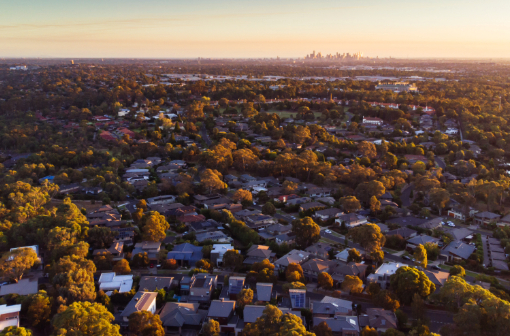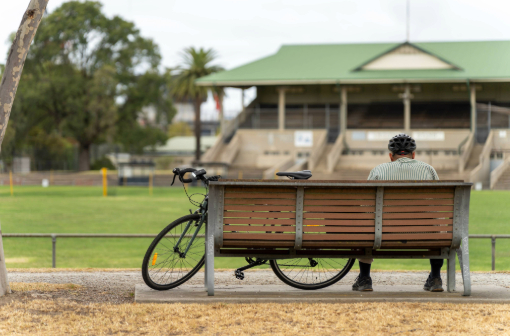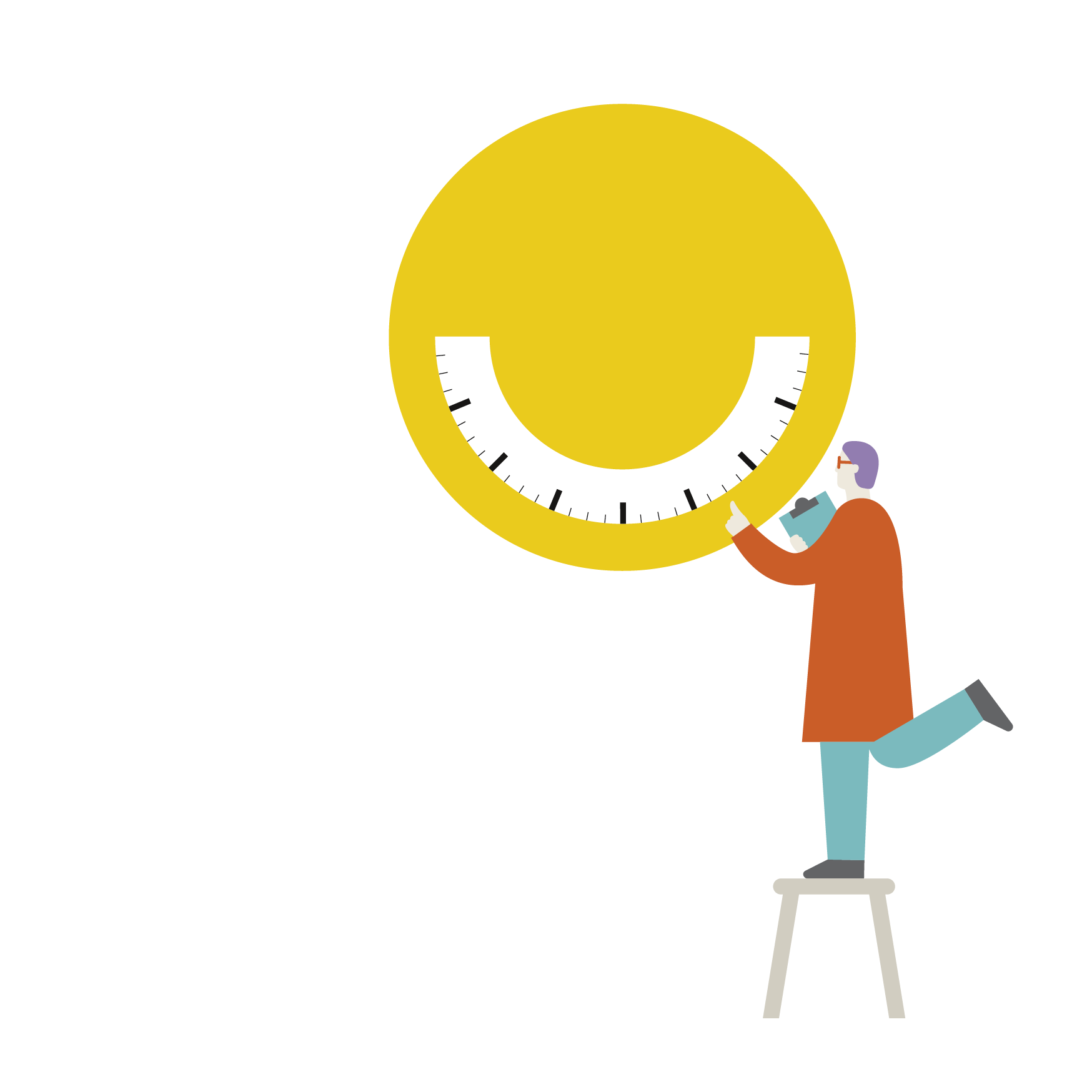“We all need a purpose, whether that’s a hobby, employment, friends or being accepted in your local community. That sense of purpose allows us to get up and get out of bed every day.”—June Riemer, Deputy Executive Officer, First Peoples Disability Network.
Key points
- The Australian Unity Wellbeing Index has shown that having a sense of purpose is crucial to our wellbeing.
- Research shows that for some people, it can be more challenging to find a sense of purpose.
- Satisfaction with achieving in life has declined slightly across the general population in the past two decades.
What does achieving in life mean to you personally?
It might be that feeling you get when you hit a fitness goal, finally start your own business, “give back” through volunteer work, or simply spend quality time with loved ones.
Whatever your personal definition, “achieving in life” can be summed up as ongoing meaningful engagement in an activity that provides us with purpose in life.

Why achieving in life is important for wellbeing
Over the past 20 years, the Australian Unity Wellbeing Index has shown that having a sense of purpose is crucial to our wellbeing, with the “achieving in life” domain forming part of the “golden triangle of happiness”.
On the flip side, when we lack a sense of purpose, we can experience a range of negative emotions, leading us to feel depressed or anxious, unmotivated and generally dissatisfied. So, it’s important to remain kind to ourselves as we pursue our ambitions.
Our pursuit of purpose and achievement can often lead to the kinds of self talk that puts more stress on our day-to-day lives. So, we need to acknowledge what we’ve achieved, and reward ourselves after emerging from a difficult period.
The factors that are linked to our sense of purpose
Research commissioned by Australian Unity shows that a sense of purpose is created by:
- Having goals in life and a sense of direction.
- Finding meaning in our life, in both the past and the present.
- Holding beliefs that give our life purpose.
For some people, of course, it can be more challenging to find a sense of purpose. Meaningful work is particularly important when it comes to achieving in life, with people who are unemployed showing low satisfaction with this core wellbeing domain.
Demographic factors also appear to play a role. Women have greater satisfaction with achieving in life than men, while people aged 46 to 55 years report the lowest levels of satisfaction.
The research also shows that satisfaction with achieving in life increases as income levels go up—until income reaches $250,000 per year.
June Riemer, a Dunghutti woman and Deputy Executive Officer at First Peoples Disability Network, advocates for Aboriginal people with disabilities, particularly those living in remote communities.
She says all of these factors—Aboriginality, disability and remoteness—can be a barrier to finding a sense of purpose in life.
“Wellbeing only comes about when people feel that they have a place in society. When people are able to participate, work and live a lifestyle within their culture, their sense of wellbeing and achievement accelerates,” says June.
So, based on June’s advice we need to make time to nurture and maintain connection with family and friends. This can help us lead positive lives and find meaningful ways of creating joy and resilience to cope with life’s ups and downs.
Finding meaning: have things changed?
For those aged 18 to 45 years, satisfaction with standard of living has improved over the past 20 years. Yet satisfaction with achieving in life has declined slightly across the general population in the past two decades, and has decreased significantly among this younger group.
June says she’s seen this shift “in all communities across the world” and attributes it to changing attitudes towards success and achievement.
“I think we’ve put such pressure on these age groups to be successful. It’s about pressure to have a job, a degree, and this success is a measure of whether we’re happy or not. The baby boomer generation didn’t have that pressure. We were allowed to just get on with life. Life was easier. There wasn’t a pressure to be number one.”
Disclaimer: Information provided in this article is of a general nature. Australian Unity accepts no responsibility for the accuracy of any of the opinions, advice, representations or information contained in this publication. Readers should rely on their own advice and enquiries in making decisions affecting their own health, wellbeing or interest.





.jpeg)


